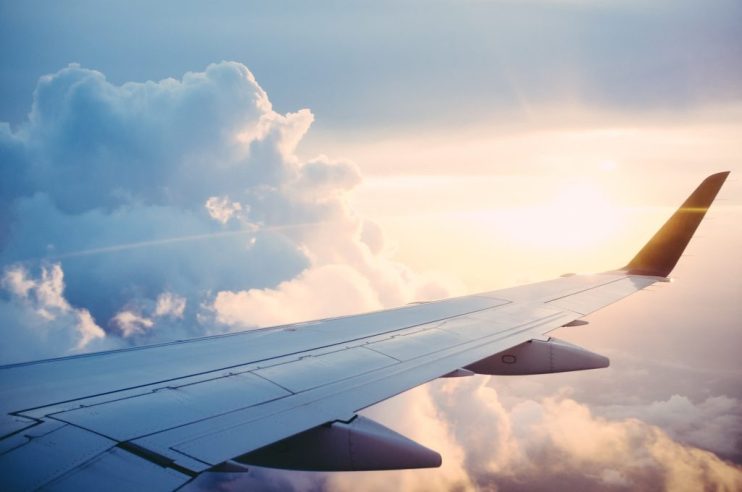From Heathrow’s row to SAF: Here are the top five things to watch out for in aviation next year

To say that the UK aviation industry has had an eventful 2022 would be an understatement.
This time last year, airlines and airports were on their knees as the Omicron variant emerged from South Africa at the end of November and in a matter of weeks reached Britain, bringing with it a truckload of new travel restrictions.
Following the reopening of borders, the sector didn’t have it easy as it had to face multiple challenges.
These included catering to Britons’ renewed appetite for air travel following a two-year hiatus, as well as looking at its own future, especially when it came to net-zero.
Despite the year coming to an end, some of the issues the UK aviation industry needs to face in the coming 12 months will remain the same, whilst others will increasingly rise to prominence.
Here are the top five things to watch out for in aviation next year.
Heathrow’s row with airlines
Heathrow’s relationship with its airline customers has taken a turn for the worse over the past year, especially due to an ongoing row over the price per passenger the airport can charge carriers.
Airline bosses have repeatedly accused Heathrow of downplaying its recovery to get a more favourable deal from the UK aviation regulator.
The situation reached a new low earlier this month as the Civil Aviation Authority (CAA) set it at the interim price of £31.57 for 2023.
The relationship – already soured following this summer’s travel chaos – could continue to deteriorate next year as the regulator has yet to announce a final decision.
The path to net-zero
Over the last few months, airlines have reiterated their ambition to become net-zero by 2050, calling on world governments to ramp up the production of sustainable aviation fuels (SAFs).
Derived from the likes of solid waste and food scraps, SAFs are considered the main way towards net-zero as they reduce emissions by 80 per cent over their life cycle.
SAFs will soon be used in the UK as the government granted Virgin Atlantic £1m worth of funding to operate the world’s first net-zero transatlantic flight.
The government has also invested £165m to develop eight production plants by 2025 as it aims to make SAF 10 per cent of airlines’ fuel consumption by 2030.
Nevertheless, the industry will continue to lobby for increased investment as Britain’s aviation targets could remain out of reach without further cash injections.
Airbus v Qatar Airways
The lawsuit between EU plane maker Airbus and Qatar Airways will most likely be dragged throughout 2023, as the two continue to face each other in a London courtroom.
The $2bn lawsuit – initiated by the Doha carrier after it was forced to ground most of its A350 planes over a paint degradation issue – will be split in two.
Judge David Waksman ruled earlier this month that the trial will be split in two due to the sheer weight of the disagreements. The proceedings’ first part will focus on liability whilst the financial claims will be tackled at later stage.
Border Force strikes
The ongoing Border Force strikes are set to sour the holidays of millions of travellers, leading to queues of up to two hours at some of Britain’s busiest airports.
Members of the union PCS will walk out this weekend – between Friday and Boxing Day – as well as between 28 and 31 December after reportedly rejecting a two per cent pay increase.
Border Force guards are the latest workers to walk out over salaries, joining thousands of rail staff, nurses and paramedics.
The dispute is unlikely to be resolved anytime soon, as Prime Minister Rishi Sunak – whilst deeply regretting the ongoing industrial action – is unlikely to budge on pay demands.
Rising air fares and travel costs
Higher air fares and the increasing costs of travel will take centre stage next year, say aviation analysts.
The trend was announced earlier this year by the likes of Ryanair, whose boss Michael O’Leary said that flying had become too cheap and that carriers needed to hike prices due to rising costs.
These include higher fuel price in the aftermath of the war in Ukraine as well as soaring inflationary pressures.
Travel will also become more expensive as most airlines have yet to fully recover from the impact of Covid on their finances.
Nevertheless, the industry remains confident as travel and holidays are one of the last things people cut in a recession.